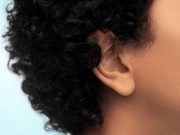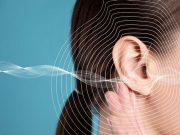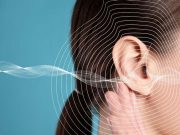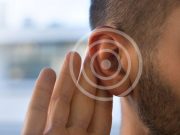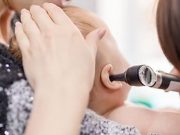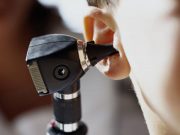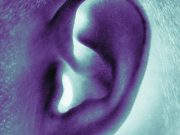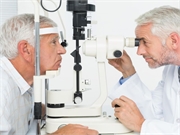Tag: Hearing Disorders: Misc.
AAP Issues Recommendations for Preventing Excessive Noise Exposure in Children
Most prevalent exposure among children is personal listening devices; duration should be considered as well as volume
Americans Who Are Deaf Can Now Use 988 Suicide Helpline
The services use a videophone device that transmits video and audio
Recommendations Made for Hearing Assessments in Children
All children should have risk assessment for hearing changes; prompt objective screening recommended in case of clinical or caregiver concern
Late-Stage Meniere Disease Shows Severe Auditory, Vestibular Dysfunction
Greater vestibular damage, higher degree of endolymphatic hydrops, hippocampal volume atrophy seen in late-stage Meniere disease
Endolymphatic Hydrops Grade M2 Correlates Most Strongly With Hearing Loss
Grading consistency of M2, M3, M4 for endolymphatic hydrops is relatively higher than that of M1
Review: Results of Endolymphatic Sac Surgery Mixed in Meniere Disease
Functional level and vertigo control improved, but pure tone average hearing loss increased and speech comprehension decreased
Hearing Test Response May ID Newborns at Risk for Autism
Prolonged auditory brainstem response phase, V-negative latency seen in newborns with autism spectrum disorder




